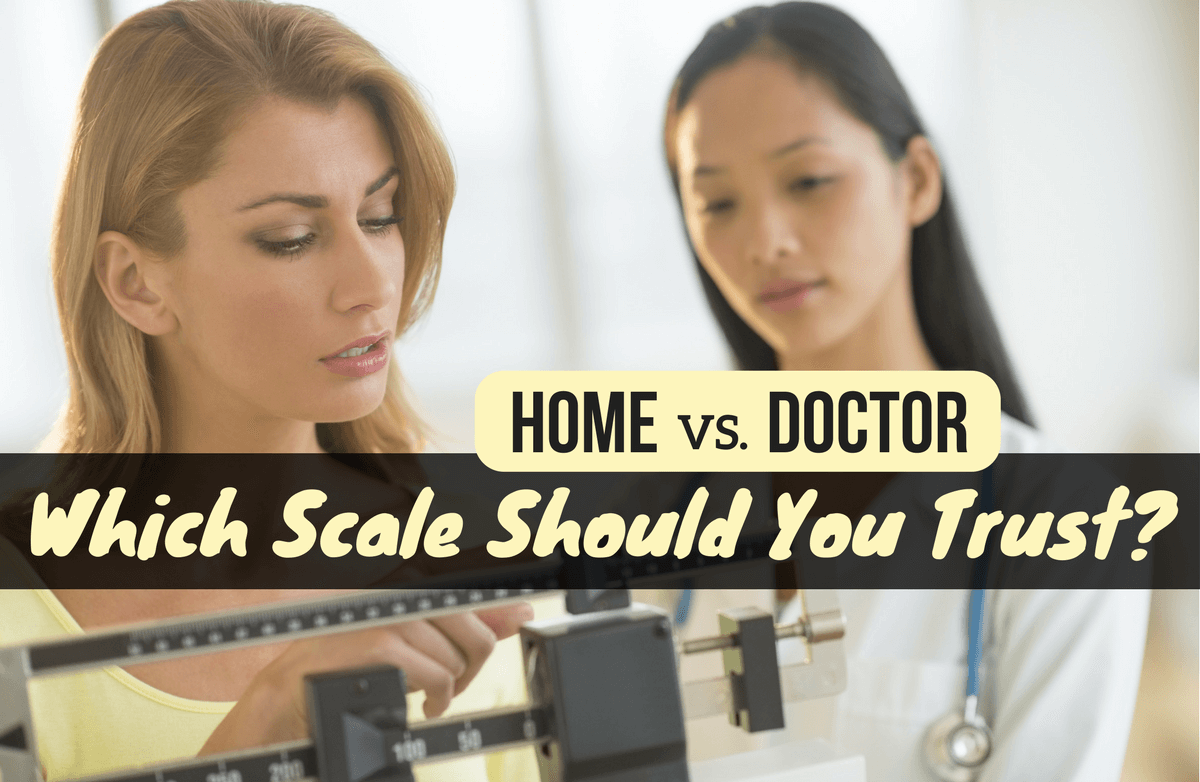|
Temperatures in Cincinnati and across the country reached near-record highs over the past few weeks. I live in a third- and fourth-floor walk-up apartment just north of the city's center. According to my thermostat, it was 96 degrees Fahrenheit on the top floor of my apartment at 10 p.m. I very rarely use air conditioning. I turned it on once this year when our fridge overheated and I needed to keep all our food on ice for 24 hours, and we used it the weekend it was over 100 degrees for three days straight, though we set it to 85. I use it in the car sometimes when driving on the highway--I don't like so much wind blowing on me at high speeds--but even on the lowest setting I have to turn it off after a few minutes. Otherwise, I avoid it as much as I can. I'm a naturally cold person, requiring at least a sheet on even the most stifling of summer nights, wearing socks year-round, and shivering in the car, the office, and pretty much anywhere else that central air is in use. Going to a movie theater or the mall in summer leaves me with goosebumps and chattering teeth. When dining out during the warmest months, I opt for al fresco dining; it's no fun to shiver through your meals. I grew up living in old houses, none of which had central air. From kindergarten through 12th grade, I went to school in buildings without it. My dorm room freshman year didn't have AC, but sophomore year it did, though I had moved to France by spring quarter, when we would actually need to use it. In France, neither my room nor my host mom's house was "climatisée" (air-conditioned) but we had heavy wooden shades that we could pull in to keep out the heat. I noticed there that some businesses or offices were air conditioned, but that didn't mean the entire building would be; the hallways, restrooms, and other communal areas often did not have AC. Most restaurants and small offices, even government ones, were not air conditioned; neither was my university. No one seemed to mind its absence, so I soon stopped noticing. Two weeks ago, I had to take my car in for a tune-up, in an area of town that offers little more than car dealerships, fast-food joints, and industrial sites. It wasn't exactly the ideal locale for a walk (on another 90+-degree afternoon) so I sat in the waiting area and responded to emails. I carry an emergency sweater with me from May through September, which feels slightly ridiculous when walking about but is a lifesaver when blasted by Arctic air in a restaurant or store. Unfortunately, that day my sweater was in my car, which was then being worked on. I shivered, watched the goose bumps rise, and crossed my fingers for quick service. When I returned outside, I felt ill--it was SO hot. Too hot. My body didn't like the drastic fluctuation, and I ended up with a headache. I just don't get it: Those of us in temperate climates anxiously await summer's sunshine and high temperatures, then the minute the mercury rises, we combat it with freezing-cold air conditioning. Why do we avoid the heat when we've been waiting for it all year? People think I'm weird for avoiding AC and complaining about being cold in summertime, but as it turns out air conditioning might be among the modern conveniences taking its toll on our waistlines. In a study published in the International Journal of Obesity, biostatistician David Allison, Ph.D., and colleagues suggest that America's reliance on AC might be a contributing factor in our obesity crisis. Allison, a faculty member at the University of Alabama-Birmingham, found a significant "reduction in variability of ambient temperature." The use of AC is now widespread, especially in the South, where obesity rates are highest, and the human body is accustomed to being kept at a fairly steady temperature year-round. Allison and colleagues found that our reliance on central air and heat means we expend less energy, thus burning fewer calories, because we don't have to work as hard to heat up or cool down our bodies. While climate control is just one of countless contributing factors that have led to the obesity crisis, it is interesting to note that of the 10 states with the lowest obesity rates, all but two (California and Hawaii) are in the northern half of the country, while seven of 10 of the heaviest states are located in the South (Ohio, Indiana, and Delaware are the heaviest states up north). Another story on the findings points out that Europeans who live in climates similar to the southern states are not as obese--again, while not singling out AC use as a primary cause, it should be noted that southern France and Italy, for example, rely on heavy shutters, thick walls and other old-fashioned forms of climate control than we in the States do. I've noticed that in both developing and developed countries outside the US, AC use is less prevalent--in Italy, France, Spain, Turkey, Guatemela, and Honduras, I felt much more comfortable on hot days. I love that in other countries, you feel the heat, and a little bit of sweat doesn't gross people out. It's summer, it's hot, we're supposed to sweat! Just after reading this story about Allison's findings, I happened across a New York Times Opinion section debate on air conditioning: Should Air-Conditioning Go Global, or Be Rationed Away? While I won't dive into the environmental, political, or economic arguments here, I will recommend this take on the subject: Let's Not Let A.C. Turn Us Soft. Before I started avoiding AC, I was much "softer." In my youth, I complained relentlessly in summer that the one window unit in our apartment was not adequate. Later, when we moved into a home built in 1912, I didn't understand the work that would have gone into retrofitting such a place with central air. I sweated and I pouted, grateful that I spent summers babysitting for a family with AC. When I moved into my first apartment junior year of college, it had central air, and I was so excited! But over the years, partly due to my travels and shivering all day long in newspaper offices, I changed my mind about AC. I gave it up for good last summer. Though there have been some uncomfortable nights--trying to sleep when it's 90 degrees isn't always easy--I feel stronger physically. When I go for runs at night or spend weekend afternoons on the bike path, I don't feel the effects of the heat as I did in years past. I still take the same precautions: sunscreen, hat, layers, plenty of fluids, but spending time outdoors is a treat not a punishment. Remember a couple of years ago when I confessed that I Gain a Few Pounds Every Summer. Well, in the summers since I wrote that, I haven't gained weight. I credit that to many things, but partially to being in tune with the climate, which helps me tune in to my hunger. If I had the AC on, I wouldn't mind eating a heavier dinner or turning on the oven. These days, I do everything I can to avoid heating up the kitchen, so I turn to lighter food--lots of salads, chilled bean dishes, and sandwiches. I honestly wait for a cooler night or a weekend morning when I have some extra time, and I cook big batches of basic foods: beans, whole grains, and the like. When I'm hot, my food cravings are different. I don't want heavy foods (though I do still like a really good beer on a hot night); I crave water-rich fruits and veggies. Here's what else I do to stay cool:
Whether my avoiding AC has any impact on my weight, I don't know for sure. What I do know is that summer's hottest days are easier to deal with now. My seasonal allergies have all but disappeared, too. I appreciate every moment of summer, heat and all. Do you use AC? Do you think it's weird to avoid it like I do? |
Popular EntriesMore From SparkPeople
|

.png)

(1).png)











